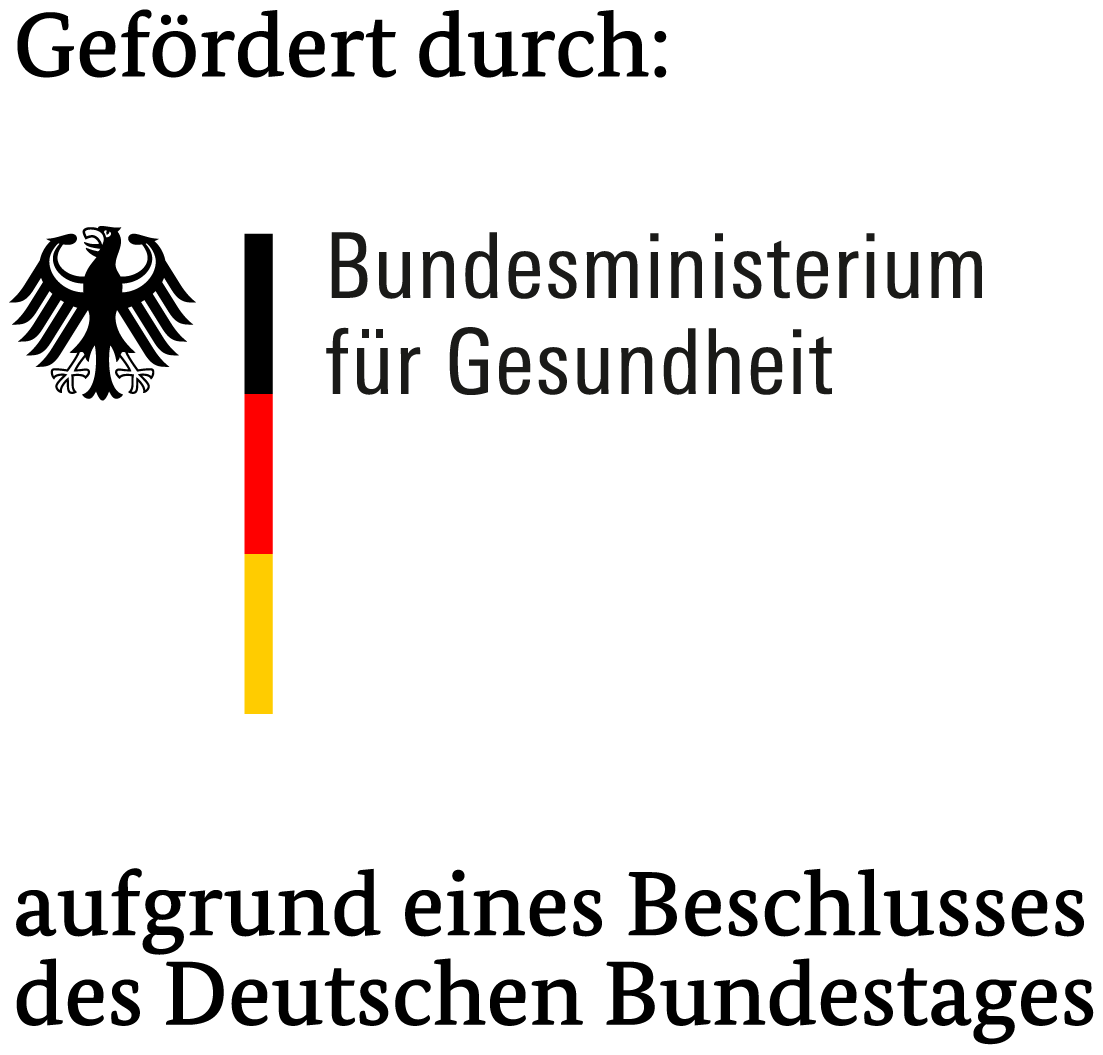Delle, S., Seitz, N.-N., Atzendorf, J., Mühlig, S., Kraus, L.
Motives for not drinking alcohol: why adults in late middle age abstain2021
Addiction Research and Theory, 1-8. doi: 10.1080/16066359.2021.1954167
Zur Seite des Verlags und zum (kostenpflichtigen) Volltext:
https://www.tandfonline.com/doi/full/10.1080/16066359.2021.1954167?src=
Background: Older individuals are not only more sensitive to the impact of alcohol but also face significant health risks from alcohol–drug interactions. To alter current drinking patterns, it is crucial to understand the motives for abstention of adults in late middle age.
Objectives: We hypothesized that, for adults in late middle age, socio-demographic characteristics and health-related factors predict alcohol abstinence; and that current motives for abstention vary between subgroups of abstainers.
Method: Data on adults aged 50–64 years (n = 2,308) came from the German Epidemiological Survey of Substance Abuse (ESA). Logistic regression was used to examine the association between different types of abstinence and socio-demographic and health-related variables.
Results: Low income, low education and poor self-rated physical health predicted 12-month abstinence. Men with a chronic disease had a 9.5 % chance to be abstinent, whilst it was 17.7 % for women. Main motives for older lifetime abstainers were ‘dislike of taste or smell’, ‘loss of control’ and ‘family constraints’. For 12-month abstainers, it was ‘loss of control’, ‘health constraints’ and ‘dislike of taste or smell’.
Conclusion: Poor health in middle-aged drinkers offers an opportunity to recommend reduction or cessation of alcohol use by explaining the negative health effects from alcohol. Future research investigating abstention needs to differentiate between lifetime and 12-month abstainers.

IFT Institut für Therapieforschung
Leopoldstraße 175
80804 München
Tel. +49 89 360804-0
Fax +49 89 360804-19
Email: ift@ift.de